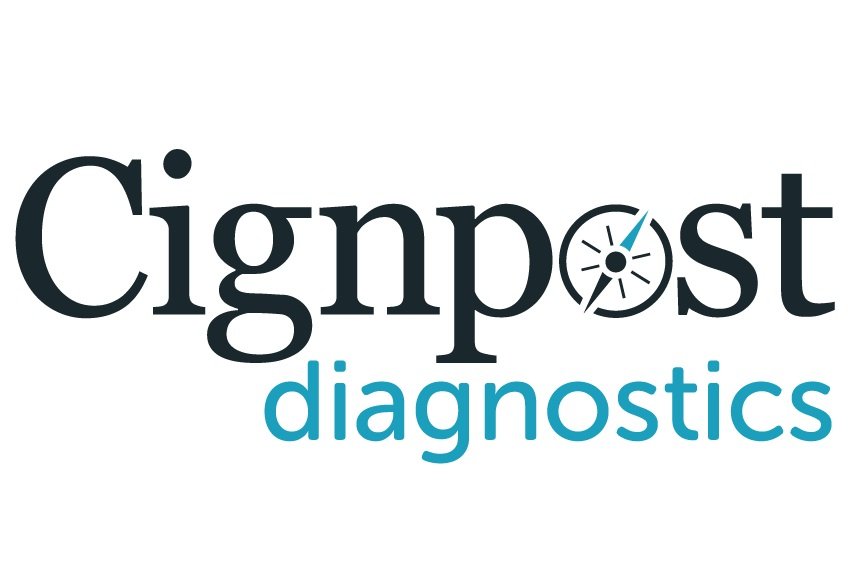A Day In The Life Of A COVID Tester
The ongoing efforts of the scientists who test for cases of COVID-19 can often go under the radar. Working largely behind the scenes, these laboratory professionals have proven indispensable in preventing the spread of the virus since the outbreak of the pandemic.
In a bid to keep the virus at bay and reopen society, agile teams of lab scientists work in a range of locations to ensure that major political, cultural, and sporting events can go safely go ahead according to COVID protocols. Thanks in part to the hard work of these scientists in remote testing centres, the wheels of society are starting to turn once again.
In the first instalment of our Q&A series with COVID-testing lab scientists, we spoke to Sam, a molecular scientist with Cignpost Diagnostics, about a typical day in a remote laboratory.
1) What attracted you to the role?
I was initially approached for the role. After a chat, I realised that it not only fit my skill set but would also allow me to develop my general laboratory skills — especially in PCR. And given that it was in an ideal location for me, accepting the job was a no-brainer. The role gives me a lot of control over my career progression and I’m grateful to have been approached for it.
2) What does a typical day look like?
To be honest, every day is varied in terms of the volumes of samples we get. Typically, we start a day by preparing the laboratory; starting up the heating blocks, safety cabinets and PCR machines; and giving the place a good once-over to make sure it’s thoroughly sanitised.
Then the samples start arriving. We usually have a tight turnaround time of four hours but always find time to chat with the senior scientist and data scientist in between the PCR runs. Overall, the day goes by very quickly as it’s a dynamic environment to work in.
3) What are the main challenges of your role?
There aren’t any hard challenges per se, but we do have a tight schedule with multiple deliveries of samples and supplies each day. Juggling all of these and staying on top of the process can be a little challenging sometimes, but so far, so good. As the scientist doing the PCR testing, I must also employ a great deal of accuracy and vigilance in my work to ensure the PCR run doesn’t fail. We use minuscule volumes of solutions in tiny vials — so you need to pay attention.
4) ...and the best bits?
The training delivered through the Cignpost academy was fantastic, really detailed and gave me the skills necessary for the job.
The overall atmosphere is also great. I enjoy a fantastic rapport with the site’s senior scientist which makes the workplace feel like a seamless machine that runs without intervention. The work itself is really engaging, and it feels great knowing that you’re making a difference in the lives of so many people. After all, a lot of people depend on the results of the tests we perform to get on with their lives.
5) What advice would you give to other lab professionals looking to work as remote testers?
The role is extremely rewarding, engaging, and progressive. You may not meet your clients face to face or see the impact of your work first-hand, but it’s definitely worthwhile. Personally, this was a major step-up for my career, and I believe a lot of other people can benefit from it the same way. With the way things are today, remote testing is crucial for starting things up again and getting life back to normal, and I expect this to continue in the coming years.
6) Where do you see the future of on-location testing? Do you think this is a more appealing option for graduates coming onto the job market?
I think there are lots of opportunities available for life science graduates today, as the pandemic fightback relies on people with the right skills and background. Working in laboratories that deal with on-location or remote testing is currently the best way to get involved. It’s also a fantastic way to progress your career and get into the job market — adding a lot of valuable skills and experiences to your CV in the process.
For the foreseeable future, I think on-location testing will be a requirement for things such as sports events, travel, and work. And I think the next one or two cohorts of graduates will definitely have a chance to get involved with that.
7) Where do you see yourself in five years’ time?
Next year, I’m heading to the University of Cambridge to study for an MPhil in Bioscience Enterprise. After that, I’d love to move back into the private sector (perhaps with Cignpost in a different role?) and take up a leadership position in the biotech or life sciences sector, which is what my master’s is preparing me for. In five years’ time, I think I’ll probably have moved across the Atlantic Ocean and taken up work with a U.S. firm.
Sam's employer, Cignpost Diagnostics, is a UK Government-approved COVID-19 testing provider that works with a host of global organisations, including the PGA European Tour. You can find out about Synergy's partnership with Cignpost Diagnostics here

